How America inadvertently set up a natural experiment on gun control
At the state level, America has moved in two different directions on guns simultaneously. It's already very revealing.


A free daily email with the biggest news stories of the day – and the best features from TheWeek.com
You are now subscribed
Your newsletter sign-up was successful
You've heard the depressing truth on gun control before: Because of the stranglehold the National Rifle Association has on Congress, no gun law, no matter how modest, is going to pass any time soon.
We talk about the possibility whenever there's a mass shooting, but within a few days or weeks the issue peters out, to lie dormant until the next mass shooting, which will happen before long. If we can't pass gun control when 20 elementary school students are slaughtered, we're not going to do it when 50 gay young people suffer the same fate, or when we learn about the next batch of victims.
Which is true. But there's another reality to America's gun laws that gets much less attention. The fact is that we've passed lots of laws on guns just in the last few years, but at the state level. And America is moving in two different directions simultaneously, setting up a natural experiment that might tell us what's effective and what isn't at limiting the death toll from guns.
The Week
Escape your echo chamber. Get the facts behind the news, plus analysis from multiple perspectives.

Sign up for The Week's Free Newsletters
From our morning news briefing to a weekly Good News Newsletter, get the best of The Week delivered directly to your inbox.
From our morning news briefing to a weekly Good News Newsletter, get the best of The Week delivered directly to your inbox.
Let's say you live in California. If you want to buy a gun, you'll have to go through a licensed dealer; no direct private sales are allowed. You'll have to get a background check and pass a safety test. You won't be able to buy an assault rifle or a large-capacity magazine, since they're both banned in the state. You won't be able to carry it openly, and your local police department can deny you a concealed carry permit if it thinks you shouldn't have it. Like many other liberal states, California passed some of these measures in recent years, particularly since the Newtown shooting in December 2012.
Now let's say you live right over the border in Arizona, what Guns & Ammo magazine ranks as the most gun-friendly state in the nation. Want an assault weapon or large-capacity magazines? Not only that, here you can buy a .50 caliber rifle that'll tear a person in half. You can buy as many guns at one time as you like, and you don't even need a permit to carry a concealed weapon — just being over 21 is enough. And you can take your gun into bars, which could come in handy.
While there are variations from state to state (you can see details on every state's laws here), we're moving toward a situation where states run by Democrats have enacted (or may soon) most of the measures restricting guns that liberals want, like assault weapon bans and universal background checks, while states run by Republicans have loosened gun laws as far as they possibly can. And when a mass shooting happens in a Republican state, its legislature is likely to respond by moving quickly to pass new laws loosening gun regulations. The problem conservative states have is that they're running out of laws to pass; after you've said that guns can be brought into churches, schools, and bars, it's hard to figure out where to go from there.
But if we're becoming two distinct countries on guns, one blue and one red, that doesn't mean national laws don't matter, in large part because the legal market feeds the black market. If you live in California and find the state's gun laws inconvenient, you can drive over the border to Utah or Arizona where you'll find things much more to your liking. That's why cities have such a difficult time keeping guns out of their jurisdictions; Chicago can pass strict gun laws, but it's hard to stop guns pouring in from downstate Illinois where they're plentiful.
A free daily email with the biggest news stories of the day – and the best features from TheWeek.com
There are two states that, because of their geographic isolation, are less affected by the cross-border influence of gun laws: Alaska and Hawaii. As Francis Wilkinson recently noted, Hawaii is something of a gun-control paradise — or nightmare, depending on your perspective — because not only does it have strong gun laws, it doesn't have to deal with guns coming from other states. Hawaii also has the lowest rate of gun deaths of any of the 50 states, at 2.6 per 100,000 population. And Alaska, which has some of the loosest gun laws, has a firearm death rate over seven times as high, at 19.2 per 100,000, making it the highest in the nation.
Indeed, while the correlation isn't perfect, generally speaking the states with the highest rates of gun deaths are those with the loosest laws and the highest rates of gun ownership: after Alaska in the death rankings comes Louisiana, Mississippi, Alabama, Arkansas, Wyoming, Montana, New Mexico, Oklahoma, and South Carolina. At the other end, the states with the smallest numbers of gun deaths after Hawaii are Rhode Island, Massachusetts, New York, Connecticut, New Jersey, Minnesota, California, Iowa, and Wisconsin, most of which have fewer gun owners and more restrictive laws.
In the near future, it's likely that the differences between red and blue states will become starker, as both liberal and conservative legislatures move on the state level to make gun laws more to their liking. If gun advocates are right that more guns means less crime and the only thing that stops a bad guy with a gun is a good guy with a gun, that should mean that states like Louisiana and Mississippi will become the safest places in America to live, while the likes of Connecticut and Massachusetts will see dramatic increases in gun crime as criminals mow down pathetic civilians deprived of the means to defend themselves.
That might happen, even though it would be a reversal of everything we know about the relationship between guns and gun deaths. One way or another, we're going to find out.
Paul Waldman is a senior writer with The American Prospect magazine and a blogger for The Washington Post. His writing has appeared in dozens of newspapers, magazines, and web sites, and he is the author or co-author of four books on media and politics.
-
 The Olympic timekeepers keeping the Games on track
The Olympic timekeepers keeping the Games on trackUnder the Radar Swiss watchmaking giant Omega has been at the finish line of every Olympic Games for nearly 100 years
-
 Will increasing tensions with Iran boil over into war?
Will increasing tensions with Iran boil over into war?Today’s Big Question President Donald Trump has recently been threatening the country
-
 Corruption: The spy sheikh and the president
Corruption: The spy sheikh and the presidentFeature Trump is at the center of another scandal
-
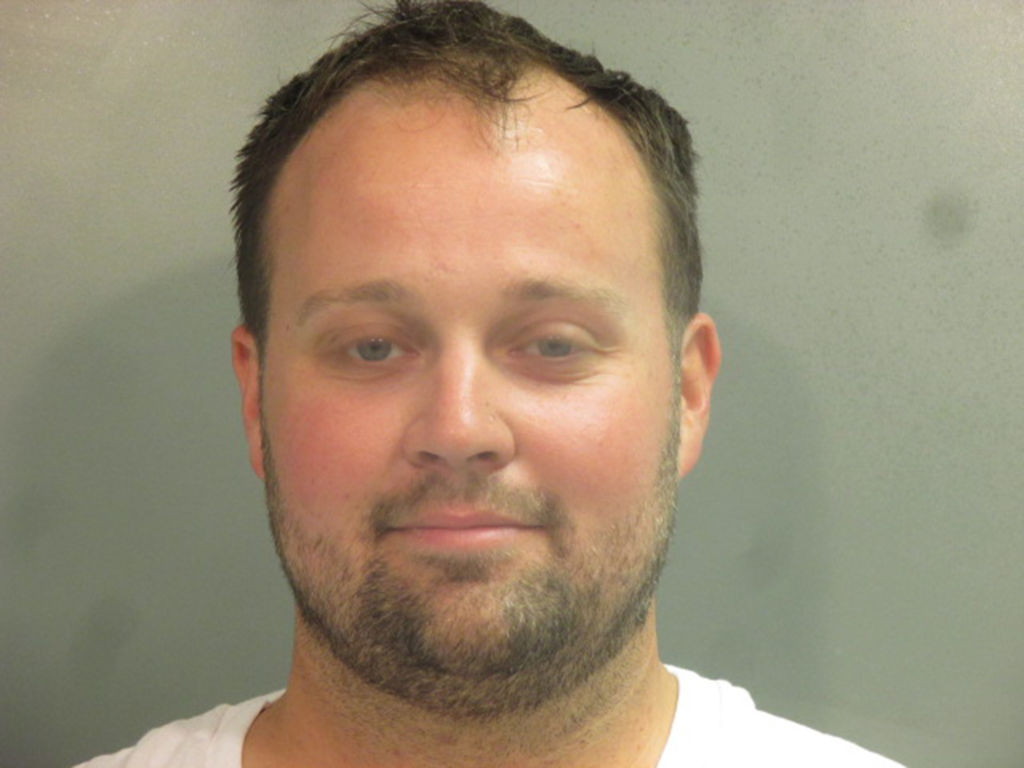 19 Kids and Counting's Josh Duggar hit with child pornography charges
19 Kids and Counting's Josh Duggar hit with child pornography chargesSpeed Read
-
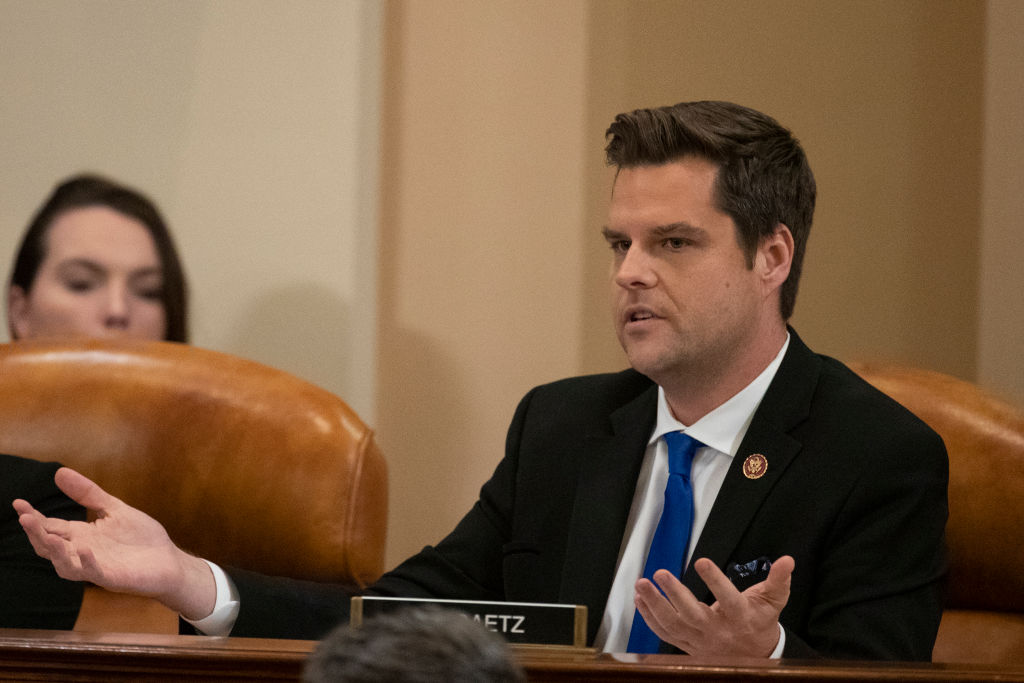 Matt Gaetz was the main opponent of Florida's nonconsensual 'revenge porn' law, GOP lawmaker says
Matt Gaetz was the main opponent of Florida's nonconsensual 'revenge porn' law, GOP lawmaker saysSpeed Read
-
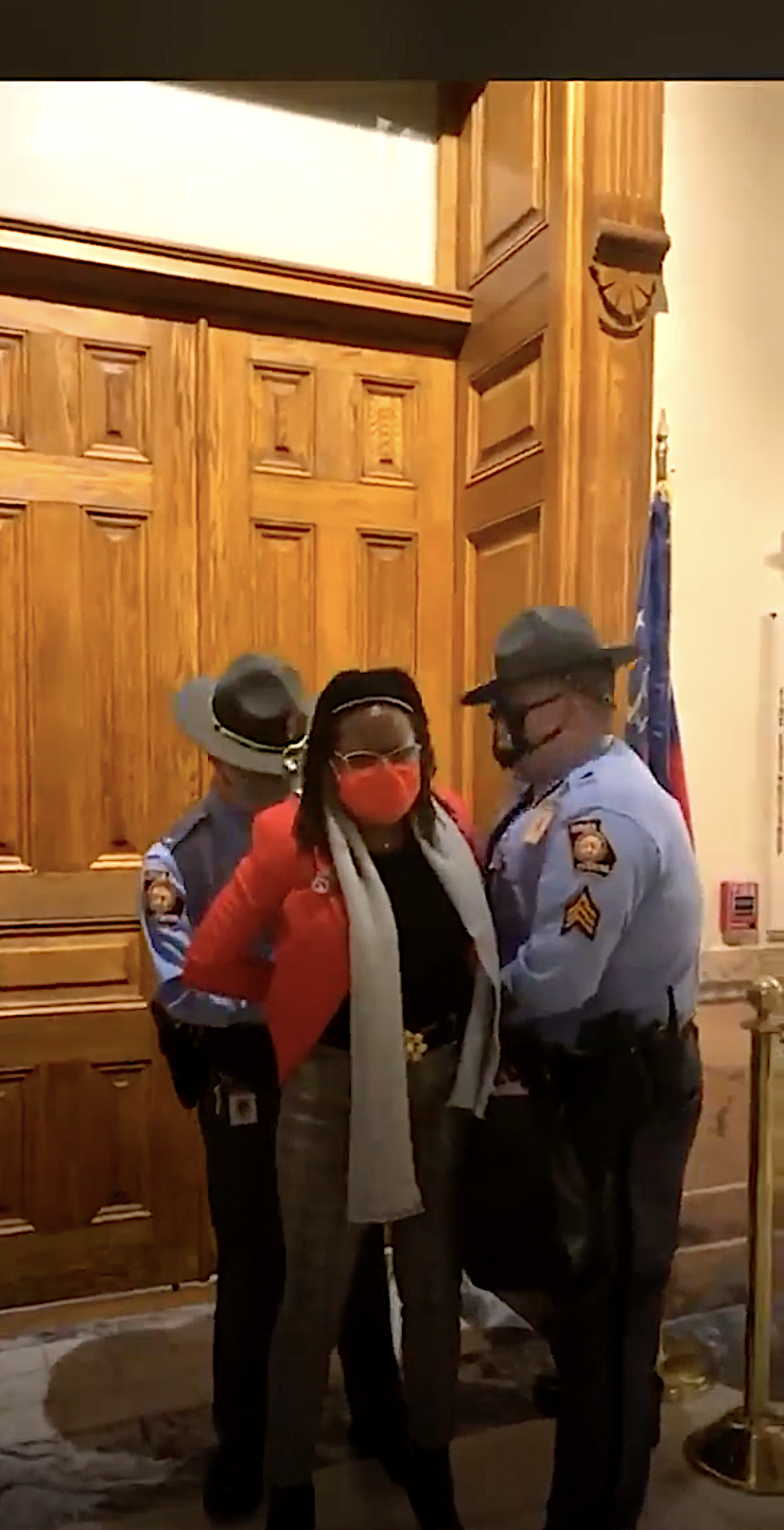 Georgia police arrest Black lawmaker for knocking as Gov. Brian Kemp signed new voting restrictions
Georgia police arrest Black lawmaker for knocking as Gov. Brian Kemp signed new voting restrictionsSpeed Read
-
 Myanmar junta reportedly kills 38 protesters, declares martial law in part of Yangon
Myanmar junta reportedly kills 38 protesters, declares martial law in part of YangonSpeed Read
-
 Raskin asks FBI for answers on how it's targeting white supremacists in law enforcement
Raskin asks FBI for answers on how it's targeting white supremacists in law enforcementSpeed Read
-
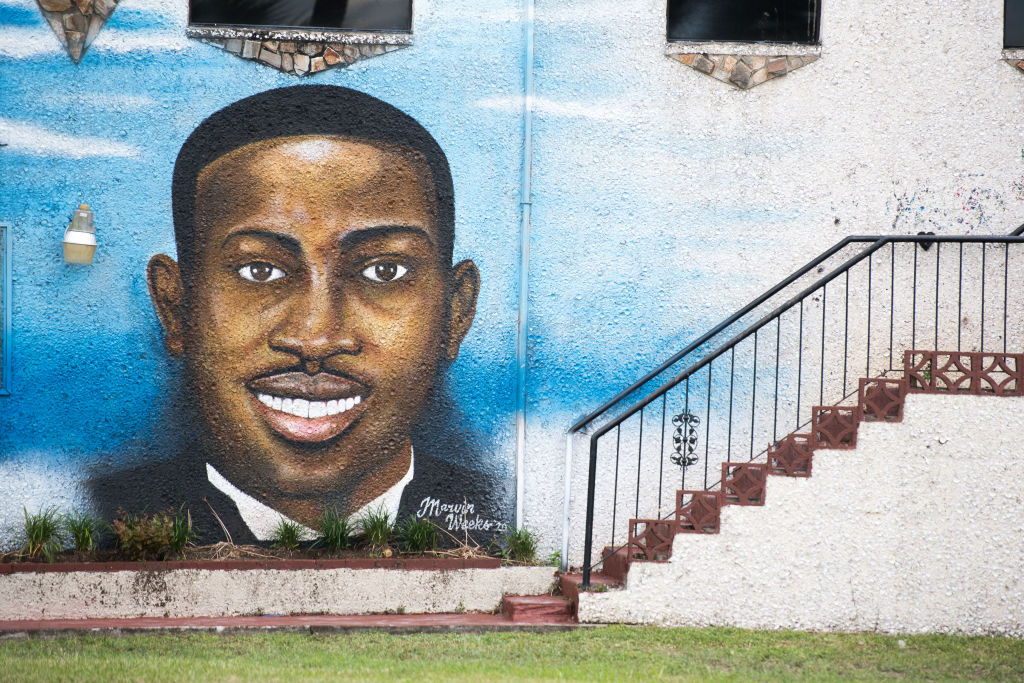 Ahmaud Arbery's mother files civil rights lawsuit 1 year after his death
Ahmaud Arbery's mother files civil rights lawsuit 1 year after his deathSpeed Read
-
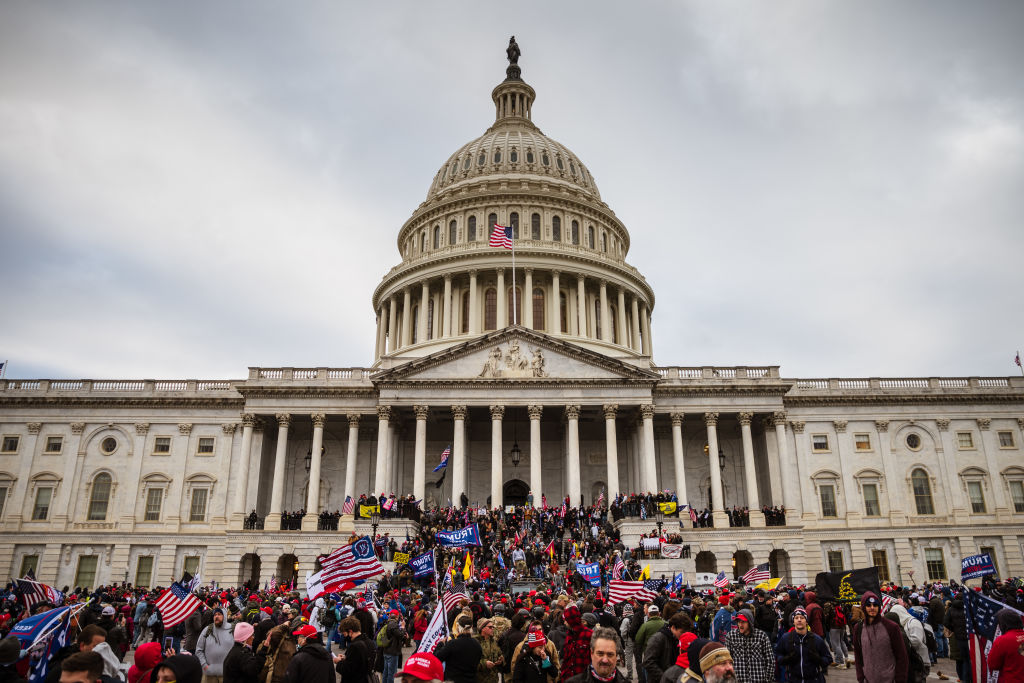 Lawyer for man charged in Capitol riot says he worked for the FBI, had top-secret security clearance
Lawyer for man charged in Capitol riot says he worked for the FBI, had top-secret security clearanceSpeed Read
-
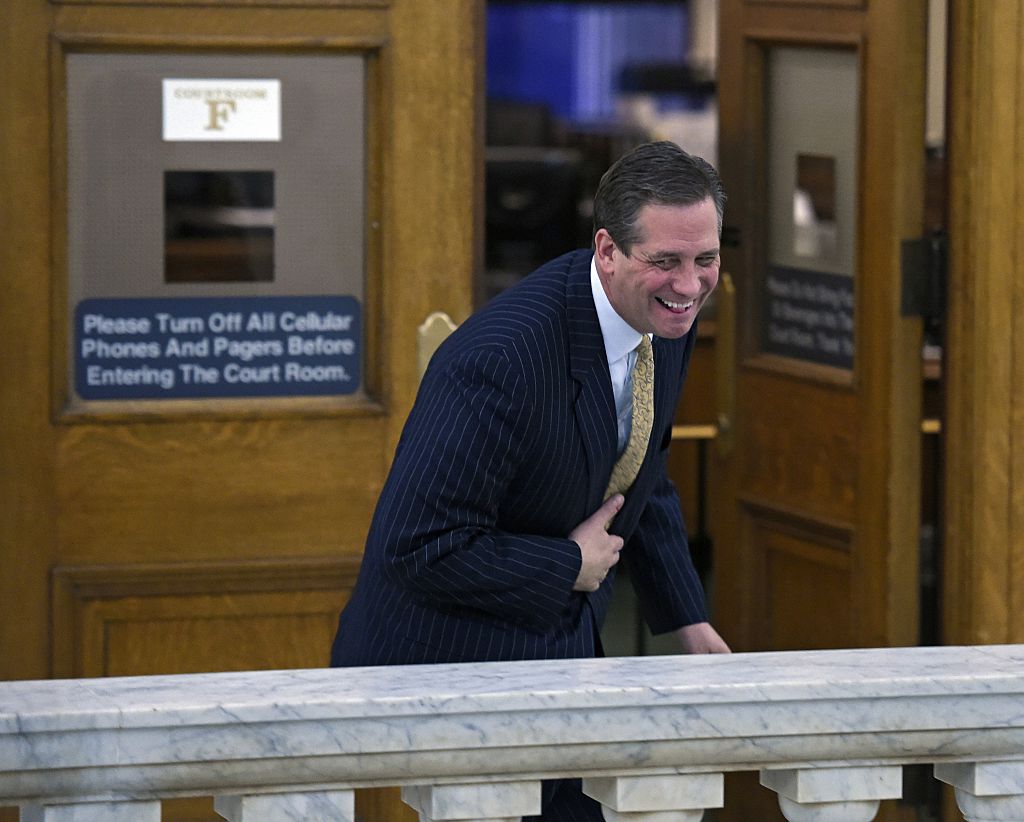 Trump's impeachment lawyer specializes in medical malpractice and 'people falsely accused in Me Too cases'
Trump's impeachment lawyer specializes in medical malpractice and 'people falsely accused in Me Too cases'Speed Read
